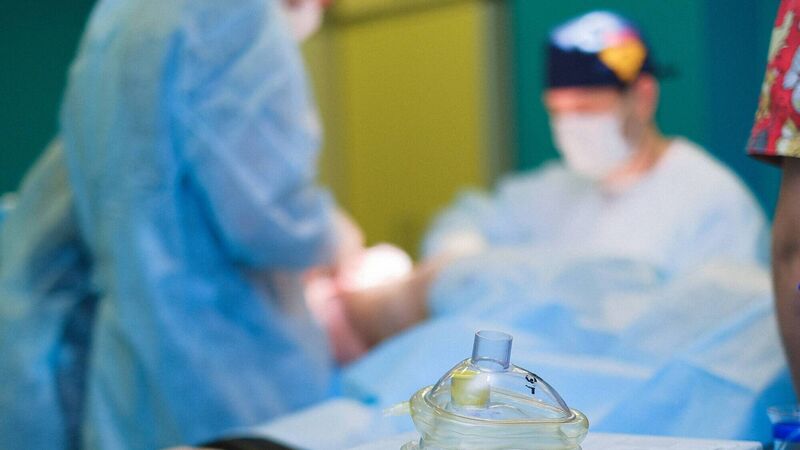Trinity study helps to identify those who require higher doses of anaesthetic

Some common experiences recalled by those who have had subjective experiences throughout their procedure included hearing voices or the sound of equipment, and the sensation of paralysis or pain.
Although anaesthesia has been used in clinical medicine for more than 150 years, aiding medical staff in completing many important procedures and surgeries with ease, it does not come without its complications.
The effect it has on individuals is extremely varied, with scientists still at a loss as to why this is the case.










